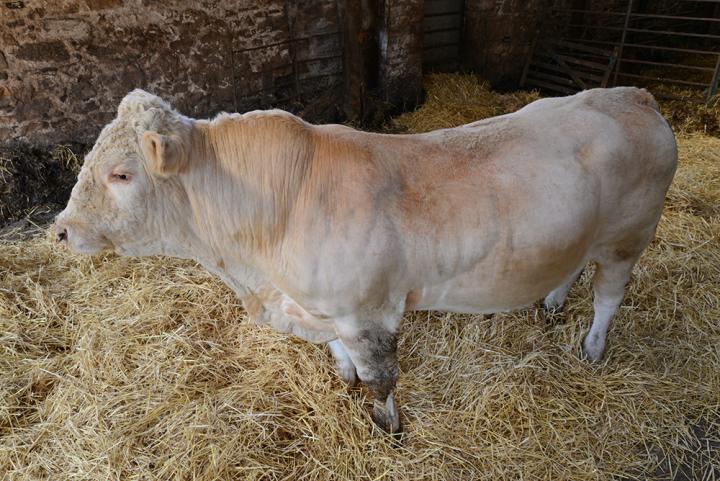Livestock farms could benefit from genome editing
Animal breeding could become more efficient with an approach that combines DNA-editing techniques with new reproductive technologies.

Technologies to edit the DNA of animals – known as genome editing – could improve animal welfare and performance while reducing the environmental footprint of livestock production.
Genome-editing tools are precise and cost-effective and could technically be applied on the farm, scientists say.
Toolkit for breeders
Using genome editing is becoming simpler thanks to the emergence of three cutting-edge reproductive technologies, known as surrogate sire technology, zygote transduction with recombinant adeno-associated virus, and zygote electroporation.
Livestock breeders could soon apply genome editing on the farm by using these new tools, which mobilise genome editing for the first time.
Risks of unintended edits have been significantly reduced in the latest genome-editing technologies. Unintended edits are detected by comprehensive screening methods and, once identified, they can be eliminated using standard breeding strategies.
Growing food demand
The global requirement for food keeps increasing in line with a growing world population. Advanced technologies could help meet this demand while minimising environmental impact.
Genome editing will allow breeders to improve animal welfare, performance and efficiency, paving the way to a more sustainable future. Edited DNA is regarded as safe to eat, as natural genetic edits occur frequently in nature and are thus present in the food we consume. Realising these benefits now lays in the hands of regulators.
This review study by researchers at the Roslin Institute and the University Hospital RWTH Aachen is published in the journal Frontiers in Sustainable Food Systems.
Related links
Gene-edited chicken cells resist bird flu virus
Gene-edited pigs are resistant to billion dollar virus
About the Royal Dick School of Veterinary Studies
The Royal (Dick) School of Veterinary Studies is a one-of-a-kind centre of excellence in clinical activity, teaching and research. Our purpose-built campus, set against the backdrop of the beautiful Pentland Hills Regional Park, is home to more than eight hundred staff and almost fourteen hundred students, all of whom contribute to our exceptional community ethos.
The School comprises:
- The Roslin Institute
- The Global Academy of Agriculture and Food Security
- The Roslin Innovation Centre
- The Hospital for Small Animals
- Equine Veterinary Services
- Farm Animal Services
- Easter Bush Pathology
- The Jeanne Marchig International Centre for Animal Welfare Education
We represent the largest concentration of animal science related expertise in Europe, impacting local, regional, national and international communities in terms of economic growth, the provision of clinical services and the advancement of scientific knowledge.


